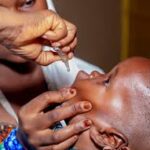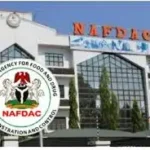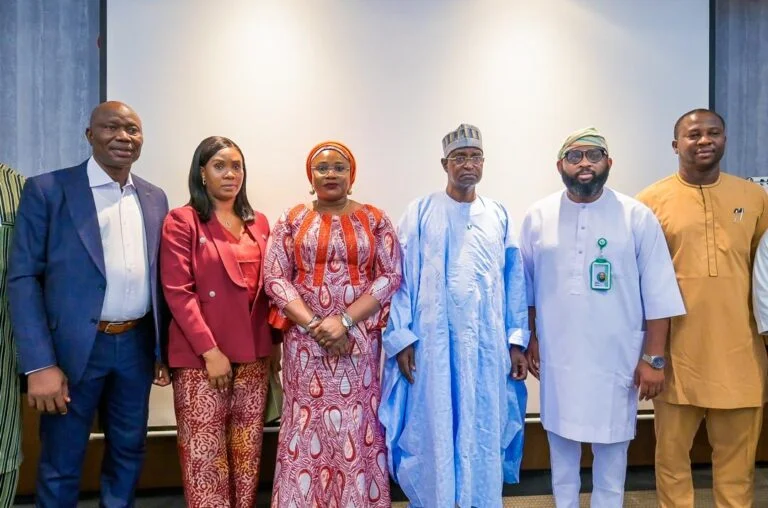By Felicia Imohimi
The Federal Government says it is committed to harmonising data in the livestock sector as part of efforts aimed at repositioning it to deliver better outcomes.
The Minister of Livestock Development, Alhaji Idi Maiha, made this known while declaring open a multi-stakeholder’ workshop in Abuja.
The workshop was on the National Livestock Data Baseline and the Validation of the National Livestock Monitoring and Evaluation (M&E) Framework.
Maiha, represented by Dr Chinyere Akujobi, Permanent Secretary, Federal Ministry of Livestock Development (FMLD), said that data harmonisation was critical for informed decision-making in national planning, tracking livestock diseases, implementing intervention programmes and identifying investment opportunities.
“Data is an urgent national imperative. Without a unified livestock information architecture, we cannot measure the true scale of our national herd.
“We cannot track disease patterns with precision. We cannot design bankable livestock projects. We cannot attract investors who depend on reliable market intelligence and we cannot hold ourselves accountable for results.
“Today’s workshop gives us the opportunity to change that narrative.
“We are building a future where Nigeria possesses a single source of truth for livestock data, trusted by policymakers, respected by scientists, relied upon by the private sector and recognised by international partners,” he said.
He described the National Livestock M&E Framework as the backbone for achieving harmonised data transformation.
According to him, the framework aims not only to strengthen accountability and transparency but also to provide a performance mechanism to track how well commitments are being delivered.
He said this was especially important for monitoring the ministerial deliverables under the Renewed Hope Agenda of President Bola Tinubu.
The M&E system, he said, was central to achieving the President’s priorities on food security, job creation, revenue generation, improved project delivery, and a stable and peaceful livestock production environment.
“This workshop, is therefore, not about documents; it is about destiny. It is about our responsibility to future generations. It is also about building a livestock sector that is smart, resilient, financially attractive, and globally competitive,” he said.
The minister urged participants to contribute in validating the indicators, refining the baseline, defining clear roles and charting the next steps with a shared sense of urgency and purpose.
In her remarks, the Permanent Secretary said all the ministry’s departments, agencies and stakeholders were required to fully key into the National Livestock M&E Framework because, without harmonisation, the value of datasets from multiple platforms remained limited.
She explained that a harmonised system backed by accurate, timely, and integrated livestock data would strengthen decision-making, enhance resource allocation and provide a solid basis for project appraisal, budget justification, strategic planning and investment readiness.
“This workshop, therefore, provides a unique opportunity to refine our baseline methodology, validate our indicators, strengthen roles and responsibilities across institutions, and agree on a reliable reporting architecture for the livestock sector, she said.
Josephine Okeke, Head Programmer and Delivery, De Olimage Company Limited, technical partner of the ministry, said that the M&E platform aimed to integrate over 400 indicators.
Okeke said that they were derived from the National Livestock Gas (NL Gas) strategic document and the Ministerial Performance Board aimed at consolidating them into eight sectoral goals to measure results effectively.
She added that the baseline study would serve as the foundation for tracking performance from 2025 to 2035, supporting Nigeria’s goal of achieving a 74billion dollar contribution from the livestock sector to national Growth Domestic Product (GDP). (NAN)(www.nannews.ng)
Edited by Martha Agas/Gabriel Yough












